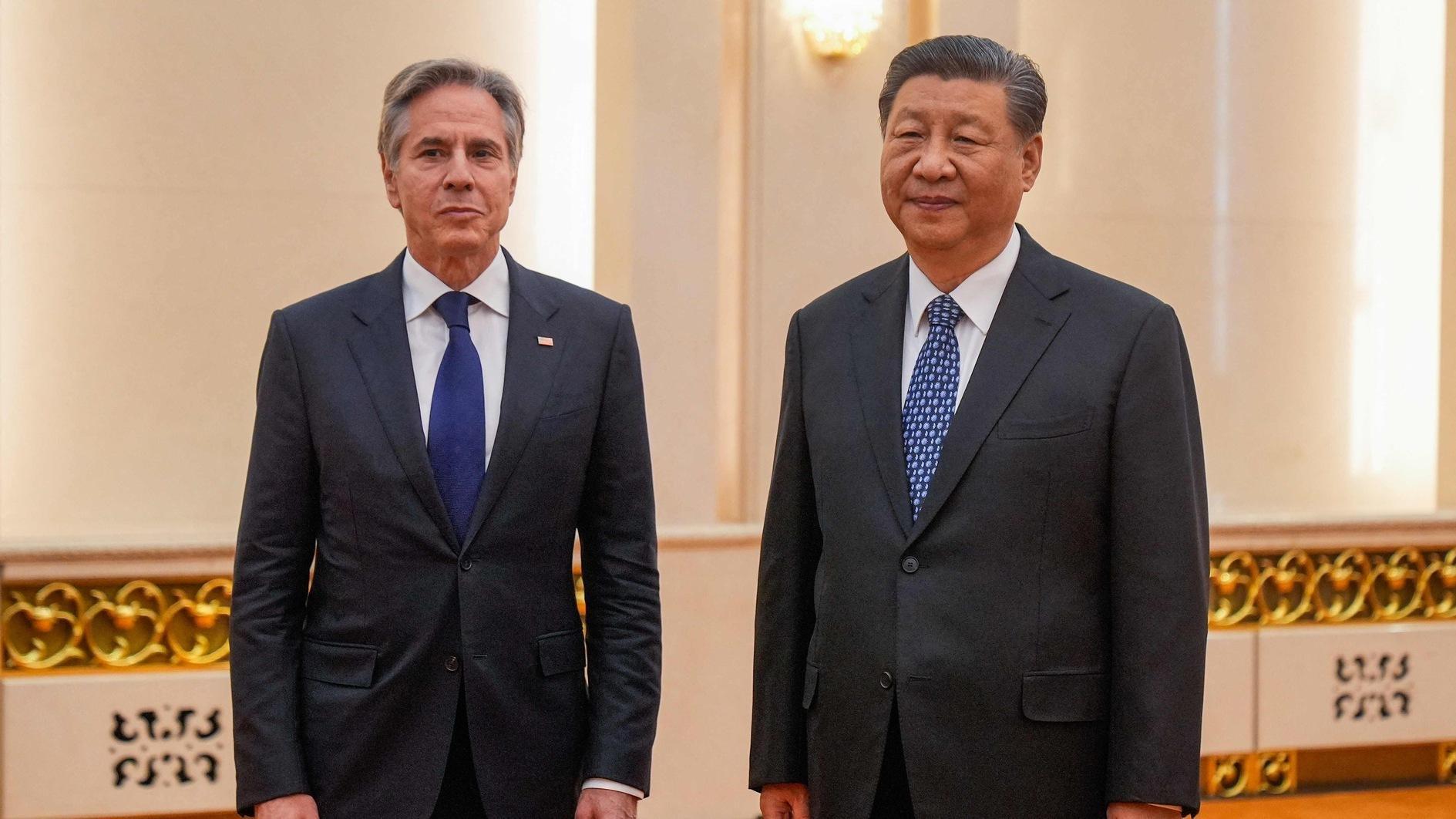The Orlando attack and the roots of ISIL terrorism
Raiding a gay club in Orlando on June 12, a terrorist killed 49 and wounded 53. The Islamic State of Iraq and the Levant (ISIL), or DAESH in Arabic initials, claimed responsibility for the attack, saying that the Afghan-origin Omar Mateen was one of their militants. The U.S. police said Mateen had himself called them to say he was loyal to the terrorist organization ISIL.
This was ISIL’s biggest act of terror in the U.S. so far, and the second biggest terrorist attack after 9/11 in 2001 by Al-Qaeda. The attack has triggered a huge row in American politics, which was already getting more strained ahead of the presidential election in November.
President Barack Obama, who recently announced his full support for the Democratic candidate Hillary Clinton, condemned the attack and pointed at the danger of firearms possession being so easy in the U.S. Republican presidential candidate Donald Trump, on the other hand, hit below the belt and asked in a Twitter message whether Obama was going to finally mention the words “radical Islamic terrorism,” saying that if he did not he should he resign “in disgrace.”
The Orlando attack is saddening and outrageous because of the loss of so many lives, like the lives lost in many similar terrorist attacks recently in Turkey, France, and Belgium, not to mention the thousands in Syria, Iraq and Afghanistan, the homeland of Mateen. The incident has also caught Obama and Clinton in a difficult position, as it is now understood that the Federal Bureau of Investigation (FBI) had probed Mateen before. It has given an upper hand to Trump, who has vowed tougher security measures and made more prejudicial remarks regarding Muslims, just like Mexicans and Europeans he says are after American jobs.
If one looks at the roots of ISIL a bit closer, it is possible to detect the 2003 invasion of Iraq as a key turning point, as well as a radical and abusive interpretation of Islam, which disturbs the majority of observant Muslims.
ISIL was originally established in 2004 as the Islamic State of Iraq (ISI), in line with Al-Qaeda’s radically Sunni line on the pretext of fighting against both the U.S.-led invasion and Shiite Islamic groups that formed a majority of the Iraqi population. The group changed its name to ISIL after breaking with Al-Qaeda over of a conflict over the Syrian civil war in January 2013. By promoting brutal terror it managed to attract the most radical and adventurist Sunni youths from all over the world and grew like a snowball, seizing big cities like Mosul in Iraq and Raqqa in Syria. It also abused the power vacuum created by the sudden disintegration of the Muslim Brotherhood following the Saudi Arabia-sponsored coup overthrowing the elected Brotherhood government in Egypt.
ISIL represents a new kind of terrorism, upgrading the terror of Al-Qaeda in a border-defying manner. Countering it demands more international cooperation, which is made ever clearer, in the most painful way, with each attack.











